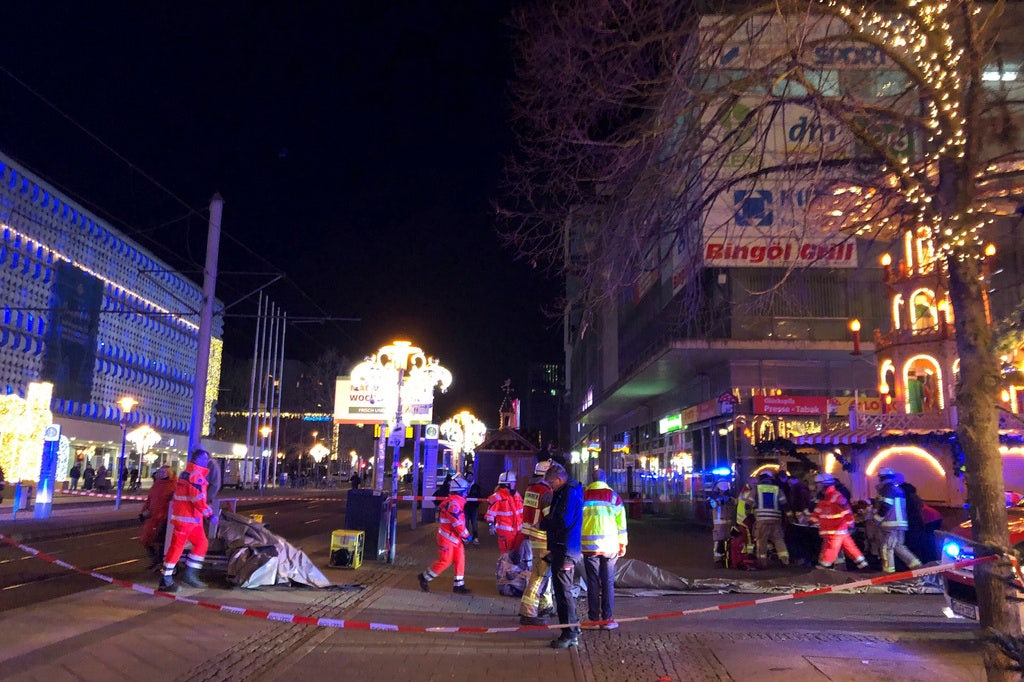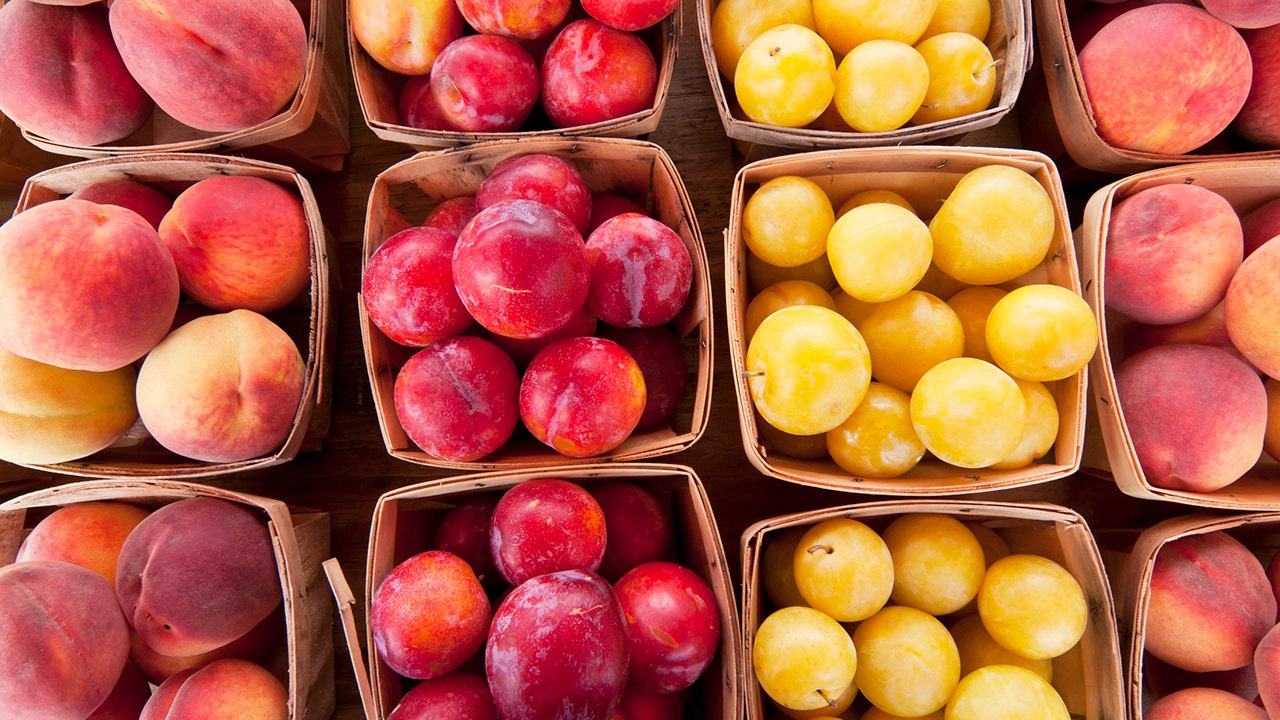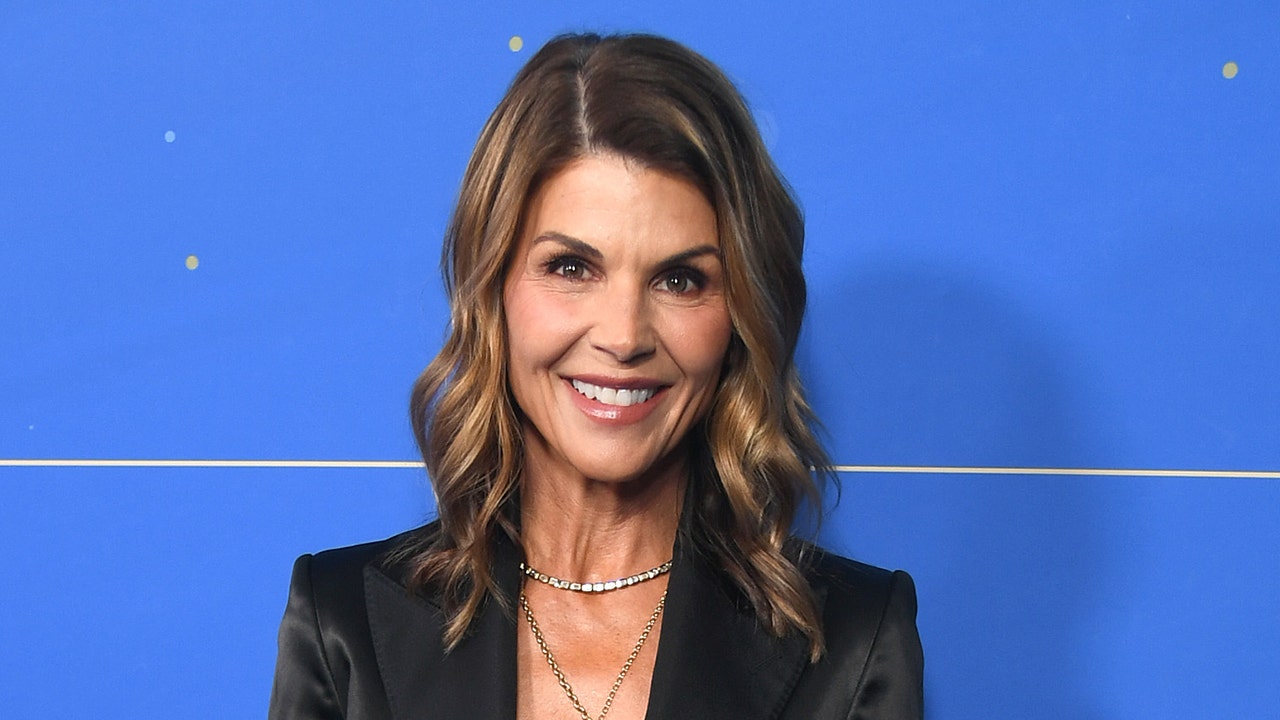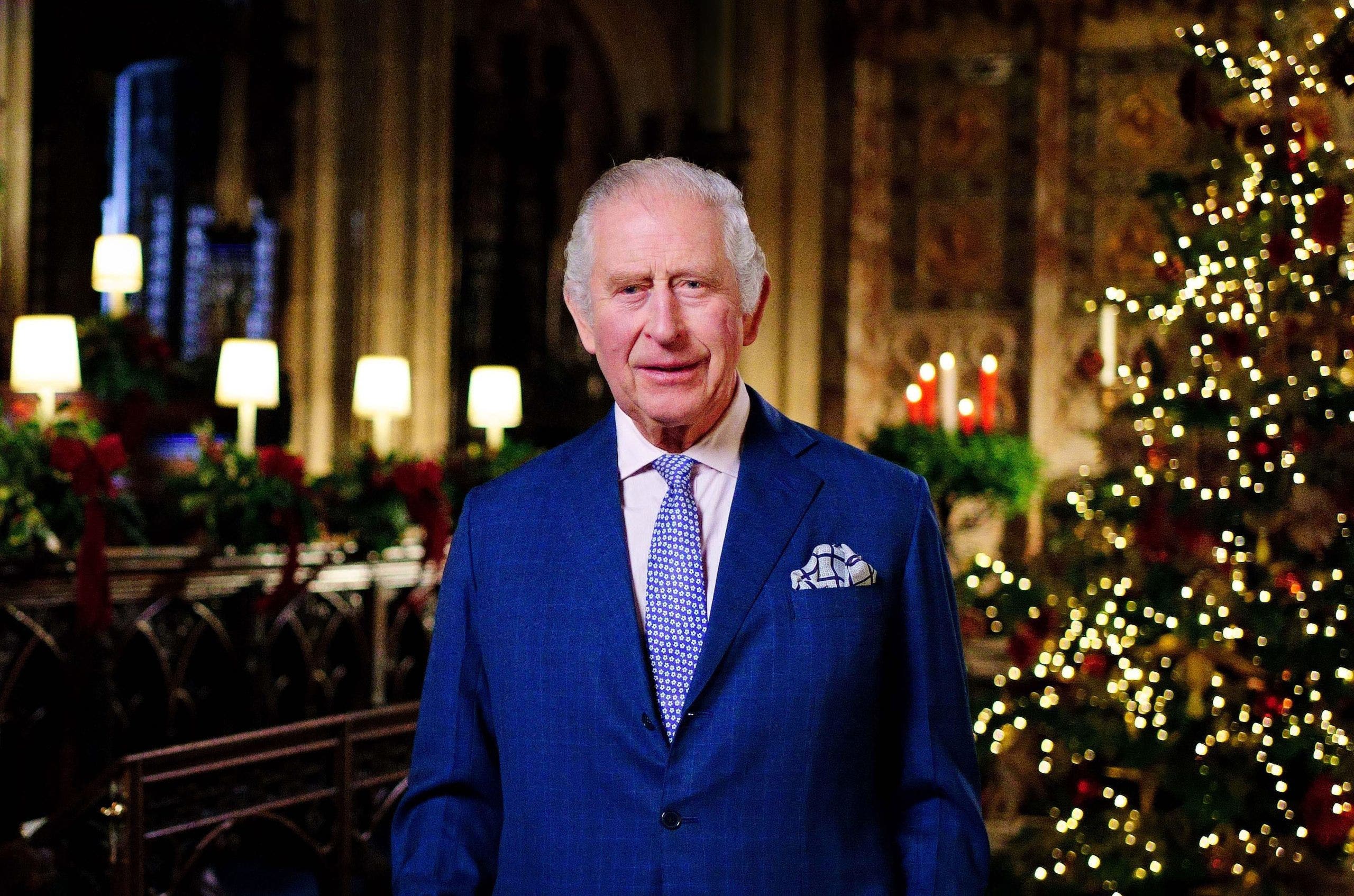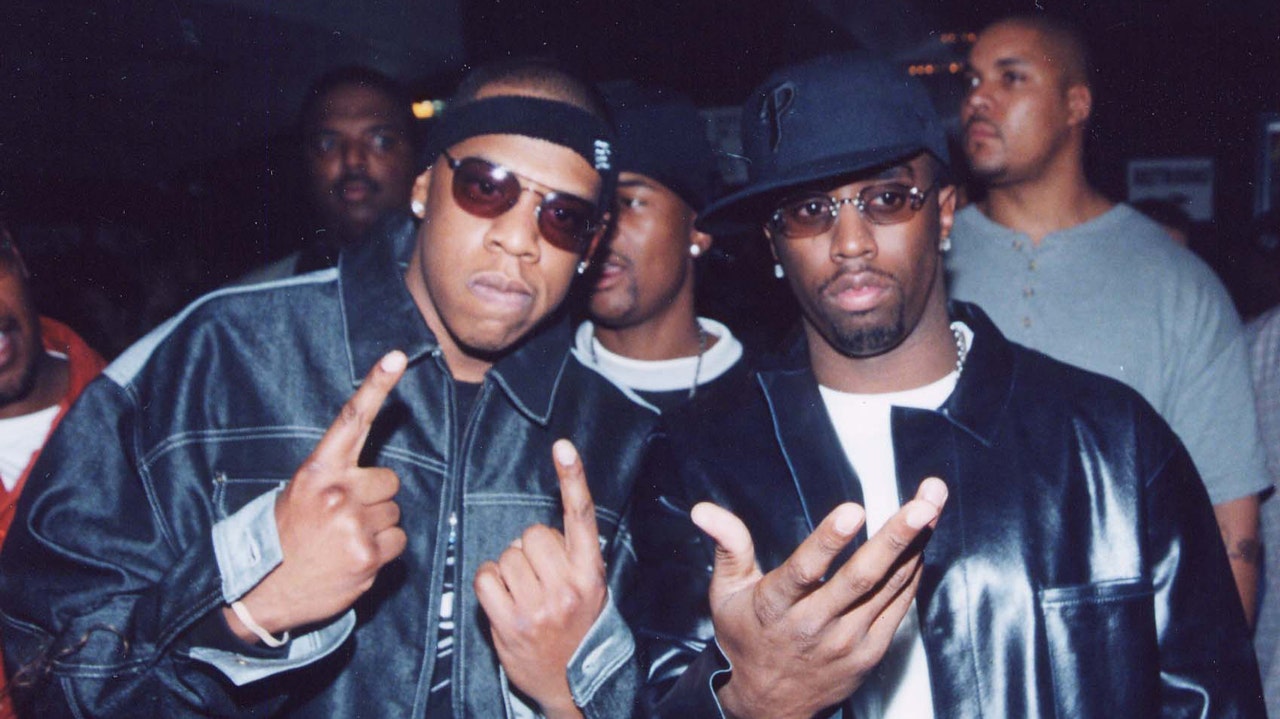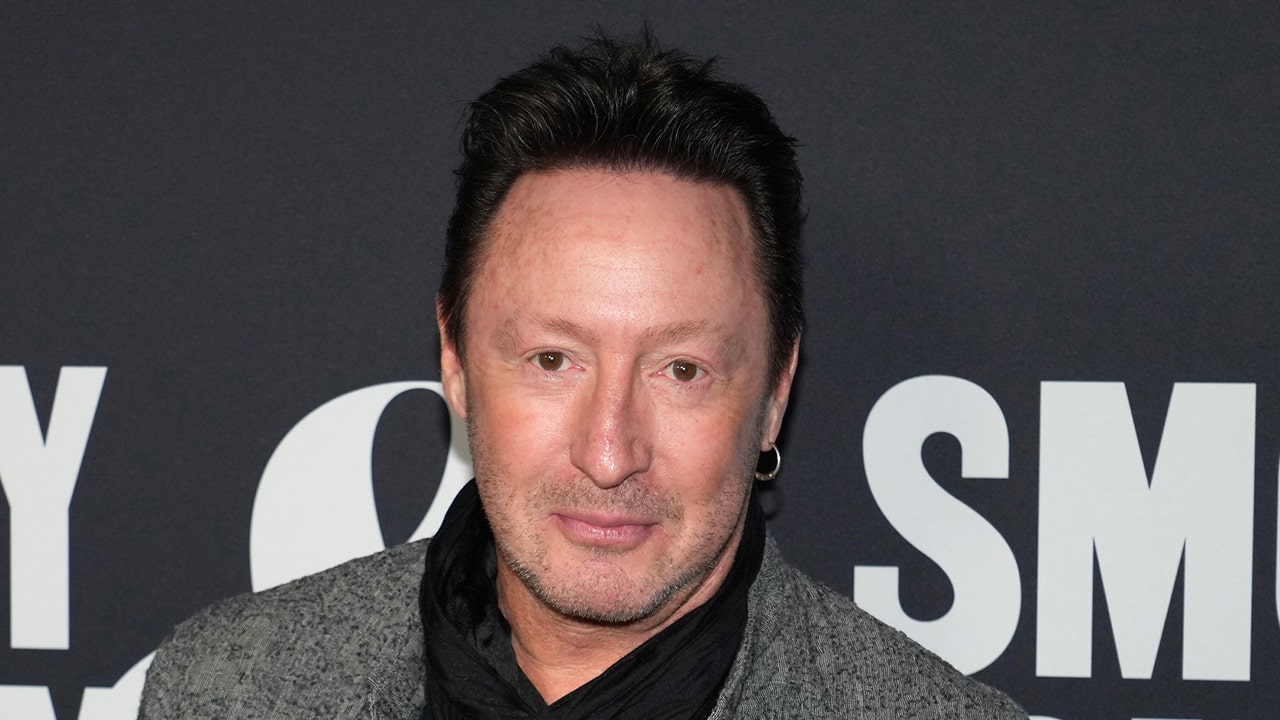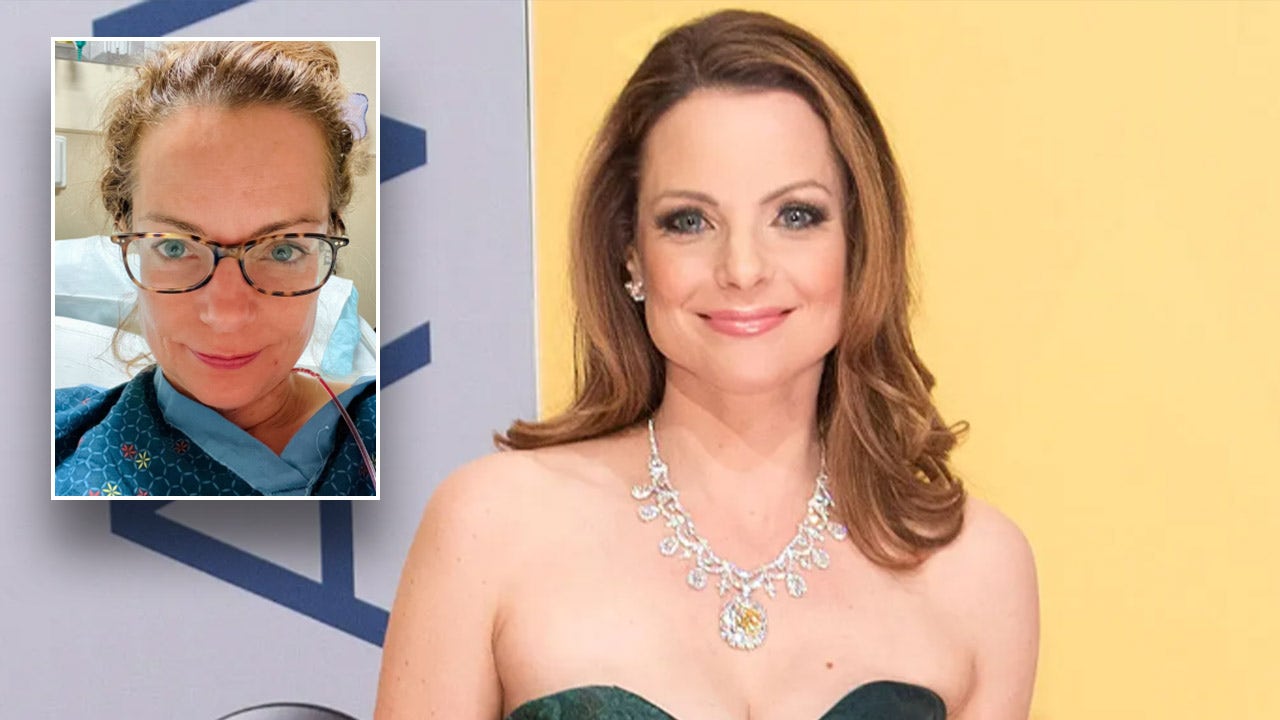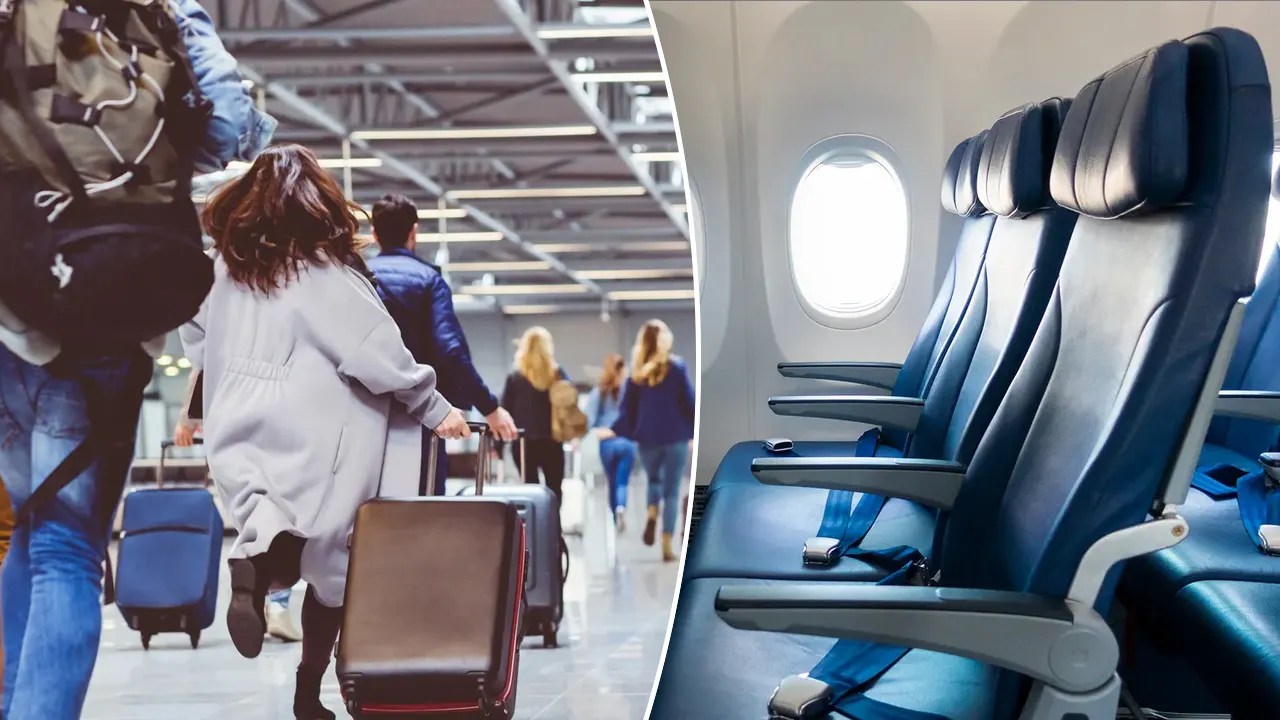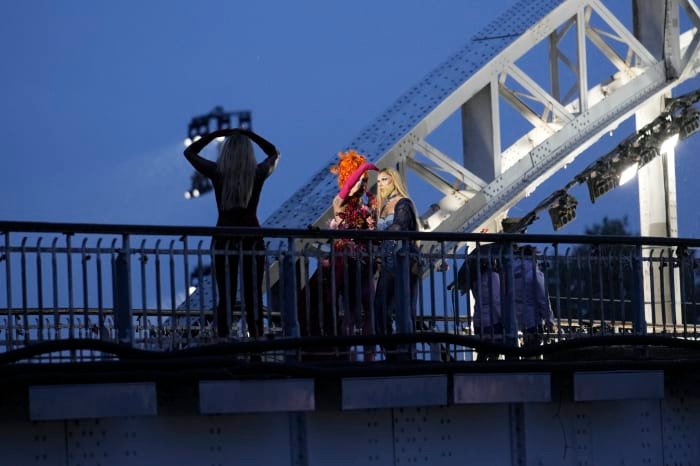A Flourishing Tapestry: Drag Queens and Inclusivity at the Paris Olympics Opening Ceremony
The Paris Olympics opening ceremony, an event marked by grandeur and spectacle, took a bold step into the contemporary conversation on inclusivity. As vibrant performers took to the stage, the radiant colors of the LGBTQ+ community illuminated the Seine River, creating a breathtaking juxtaposition of athleticism and artistry. Central to this year’s ceremony was a powerful display featuring drag queens, who wonderfully encapsulated the spirit of acceptance and diversity that has blossomed within France’s rich cultural landscape.
A Stage for All
Set against the iconic backdrop of Paris, the four-hour extravaganza featured performances from global superstars like Celine Dion and Lady Gaga, artists known not only for their powerful voices but also for their status as queer icons. Their participation signified a critical moment of representation, highlighting the strides the LGBTQ+ community has made over the years. The ceremony was a vivid tapestry of historic elements and modern expression, skillfully intertwined with flamboyant performances that left audiences in awe.
Among the standout moments was the participation of drag queens Nicky Doll, Paloma, Piche, and Giselle Palmer. Those truly dazzling figures of self-expression engaged with the audience in a stunning runway segment, showcasing not just fashion but also an unapologetic celebration of identity. Le Filip, winner of "Drag Race France," expressed their delight at the ceremony’s inclusive representation, emphasizing that the event went beyond expectations. The sea of colors, movement, and music fostered a sense of belonging, one that many in the queer community more than welcomed.
Mixed Reactions and Cultural Reflections
However, not everyone embraced this transformation of the traditional Olympic narrative. Some segments of society swiftly criticized performances that evoked religious imagery, particularly moments reminiscent of Leonardo da Vinci’s "The Last Supper." Prominent voices, like far-right politician Marion Maréchal, voiced discontent, suggesting the ceremony insulted Christian values. This criticism, echoed by international figures, illuminated the tensions between progress and tradition—a clash that has become all too common in modern discourse.
Thomas Jolly, the artistic director of the event, reflected on the significance of such backlash, noting that the intent was never to provoke but to celebrate diversity in all its forms. In this narrative filled with color and joy, a poignant commentary on acceptance and pushback emerged. It’s within this space of contradiction that the event found its heart.
The Struggle Continues
Despite the vibrant tapestry woven by the ceremony, voices from within the LGBTQ+ community highlighted that more work lies ahead. James Leperlier, president of Inter-LGBT, pointed out disparities in visibility and acceptance in societal structures that mirror the festivity of the ceremony. Their reflections remind us that while Paris heartily embraced expression in this grand event, many still face challenges that restrict their identities from being recognized. The struggles of transgender individuals seeking legal identity recognition illuminate the ongoing fight for basic rights within the community.
Redefining Spaces of Acceptance
In many ways, drag culture stands as a beacon of hope for those in marginalized communities. Emerging from the shadows of history, where LGBTQ+ individuals faced persecution and violence, drag art has become an act of defiance, particularly for those from less affluent and conservative backgrounds. Venues like Madame Arthur, one of the oldest LGBTQ+ theaters in Europe, have seen a revival, proving that these safe havens are more than performance spaces—they are sanctuaries where authenticity can flourish amid a world that may not readily accept it.
Le Filip aptly summarized this push towards representation and acceptance in modern society as they expressed a heartfelt belief that the ceremony encapsulated freedom. That message resonated with so many, transforming the heavy discourse around the event into an opportunity to celebrate the resilience of diverse identities.
A Pledge for Change
As the echoes of the opening ceremony fade and Paris continues its journey towards the Olympics, the conversation about inclusivity and representation must endure. The event was a celebration, but it also beckons those involved to commit to further progress, ensuring that the vibrant identities showcased are not confined to the boundaries of art and spectacle. They deserve a world in which their voices are amplified, acknowledged, and respected—well beyond the backdrop of any grand event.
The Paris Olympics opened a door to a future where expression is celebrated, reminding us that acceptance thrives most when we embrace the spectrum of humanity. In that embrace lies the promise of a more inclusive tomorrow, one that values each individual for their unique contributions to our shared tapestry.




